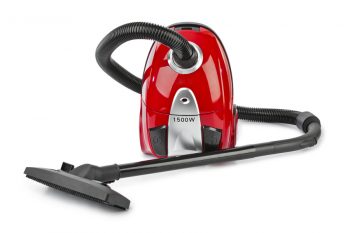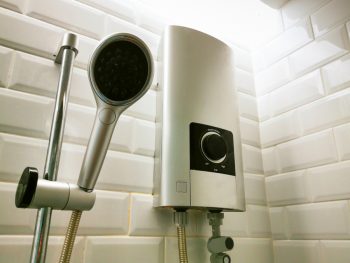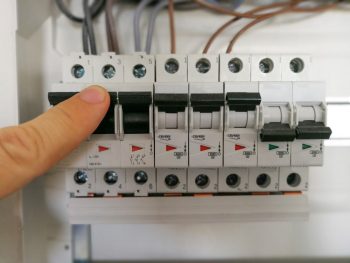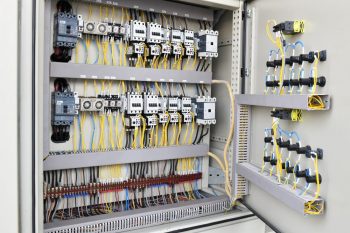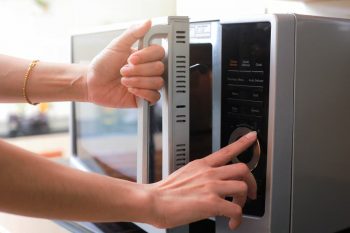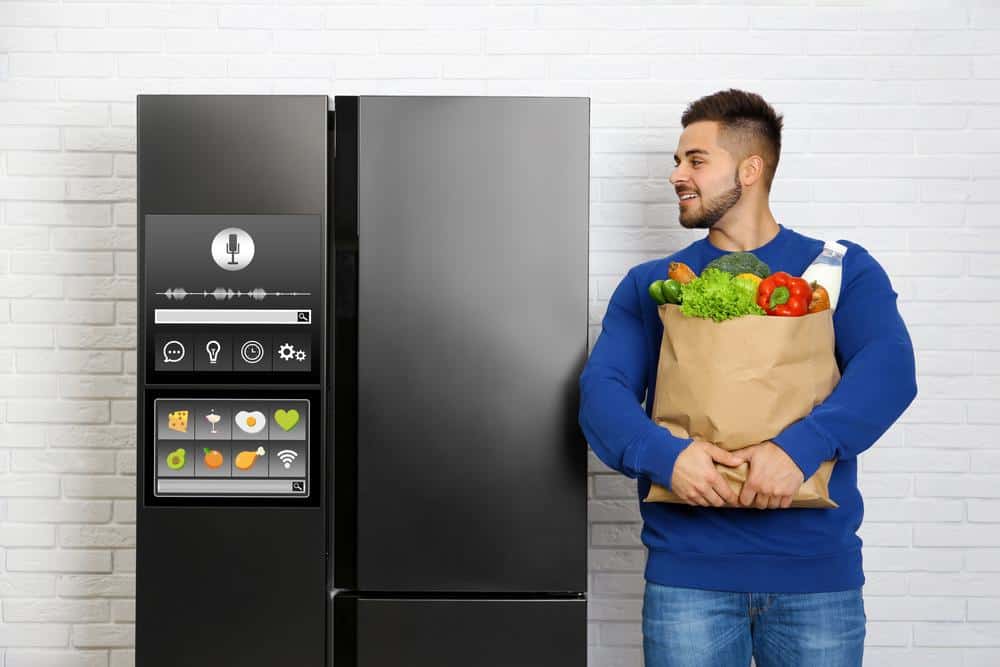
Fridge Logic is a term that refers to an initially overlooked detail or plot hole in a story that, upon further contemplation, appears more nonsensical or unrealistic than originally assumed, often to the point of creating a plot hole. This term is not directly related to refrigerators or home appliances, but it does have its roots in storytelling and plot analysis.
Fridge Logic is a term that refers to the realization of overlooked details or plot holes in a story that only come to light upon further reflection, often when you’re engaged in other activities like looking in your fridge. This can lead to a deeper understanding of the story, or it can highlight inconsistencies and implausibilities that were initially overlooked. It’s a concept that originates from storytelling and plot analysis, but is also applicable to critical thinking in everyday life.
Origin and Definition of Fridge Logic
The term “Fridge Logic” can be traced back to Alfred Hitchcock, who once referred to a particular scene in his film Vertigo as an “icebox scene”. Fridge Logic is the realization that hits you long after you finish watching a movie or reading a book, when you’re engaged in other activities, such as raiding the fridge.
Fridge Logic is often related to internal consistency issues in a story that the audience doesn’t realize during the show or reading, but later, when they have time to think about it, the issues become apparent. It’s important to note that Fridge Logic doesn’t always have to be negative. Sometimes, it can lead to Fridge Brilliance, where a clever aspect of the story becomes clear upon further thought, or Fridge Horror, where something that wasn’t initially noticed becomes terrifying in hindsight.
Fridge Logic in Everyday Life
Fridge Logic refers to moments when something in a story, movie, or show doesn’t seem illogical or implausible while you’re watching it, but later, when you’re doing something unrelated like looking in your fridge, you suddenly realize that it doesn’t make sense. Some common examples of Fridge Logic in everyday life might include:
- Realizing that a character in a movie traveled an impossible distance in a short amount of time.
- Wondering why a character didn’t use a certain ability or resource earlier in the story when it would have been helpful.
- Noticing inconsistencies in a story’s timeline or events that don’t add up.
Fridge Logic and Food Storage
While Fridge Logic as a concept doesn’t directly apply to food storage and organization, the idea of looking at things with a critical eye, noticing details, and thinking things through can certainly be applied to how we manage our refrigerators. Here are some tips to make the most of your fridge space:
- Organize items by category: Group fruits, vegetables, condiments, and other items separately to make it easier to find what you need.
- Use clear storage bins: Store items in clear containers to easily see what’s inside and keep similar items together.
- Store perishables front and center: Place items that need to be consumed soon in a visible spot to prevent food waste.
The Future of Fridge Logic
The future of Fridge Logic seems to be evolving with the incorporation of innovative ideas and technology. Some upcoming trends and ideas that incorporate this concept include:
- Built-in voice assistants: Refrigerators with built-in voice assistants can connect to an app on Apple and Android mobile devices, allowing users to set temperatures, turn the ice maker on and off, change the operating mode, and more.
- AI-powered fridges: Refrigerators with artificial intelligence (AI) can keep track of items in the fridge with cameras and barcode scanners, suggest recipes based on available ingredients, and automatically manage grocery items using online subscription services.
By understanding Fridge Logic and applying its principles to our everyday lives, we can become more mindful consumers, improve our critical thinking skills, and enhance our overall enjoyment of stories and everyday experiences.
Frequently Asked Questions
What are some famous examples of Fridge Logic in popular movies or books?
Some famous examples of Fridge Logic include the “Eagle plot hole” in The Lord of the Rings (why didn’t they just fly to Mordor?) and the “Time-Turner inconsistency” in Harry Potter and the Prisoner of Azkaban (why wasn’t the Time-Turner used to solve other problems?).
Is Fridge Logic always a bad thing?
No, Fridge Logic isn’t always a bad thing. It can lead to Fridge Brilliance, where a clever aspect of the story becomes clear upon further thought, or Fridge Horror, where something that wasn’t initially noticed becomes terrifying in hindsight.
Are there ways to avoid Fridge Logic in storytelling?
Yes, maintaining internal consistency within the story and paying attention to details can help avoid Fridge Logic. However, it’s important to remember that not all instances of Fridge Logic are avoidable or even necessarily detrimental to the story.
How does Fridge Logic relate to the actual operation of a fridge?
The term Fridge Logic doesn’t directly relate to the operation of a fridge. However, the concept of critically examining details and thinking things through can be applied to how we manage and organize our refrigerators.
What do AI-powered fridges do?
AI-powered fridges can keep track of items in the fridge with cameras and barcode scanners, suggest recipes based on available ingredients, and automatically manage grocery items using online subscription services. They represent a new wave of smart home appliances.


